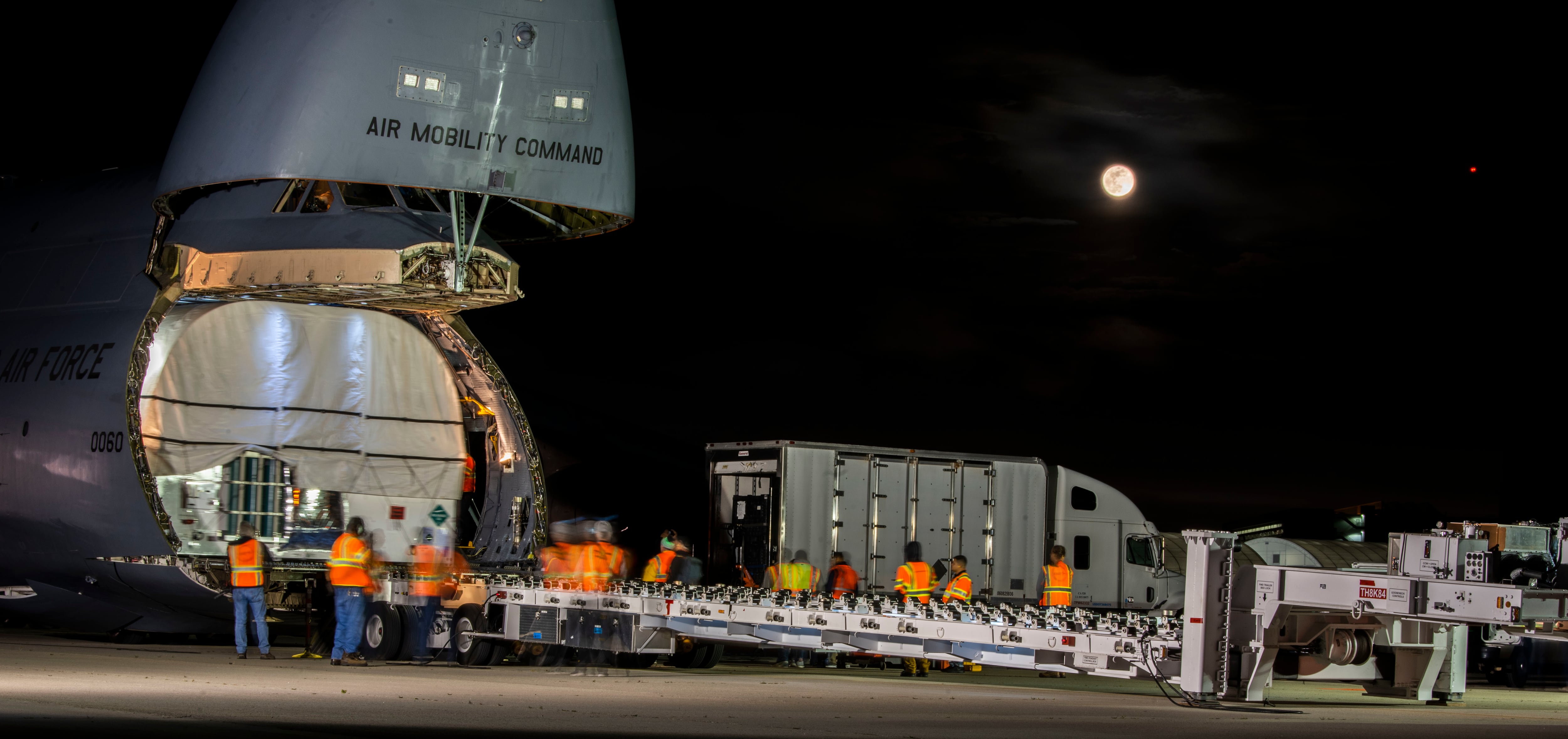BRUSSELS – European Commission vice president Margrethe Vestager has made an impassioned plea for Europe’s space program to be properly funded.
In a keynote speech at the 12th European Space Conference here, the Danish official said, “We have to make sure that money is there to support work on new ideas and new technologies – technologies in space, but also new products or services that make use of satellite data.”
“That’s why it’s enormously important that the EU’s next seven-year budget makes the money available that we need for new investments, including the space program.”
Her comments come after Finland proposed deeper cuts to EU spending to try to break a stalemate over the bloc’s long-term budget plans, the seven-year multiannual financial framework (MFF). Finland, which held the EU’s rotating presidency until Jan. 1, is suggesting a budget of 1.07 percent of gross national income in the EU, or €1.087 trillion, over between 2021 and 2027. That is less than the figure proposed by the European Commission, which had asked for 1.11 percent, or that of the European Parliament, which asked for 1.3 percent.
Vestager, speaking on the first day of the two-day conference, said Europe has “some of the world’s very best and most competitive satellite makers” which already account for one-third of the world markets, and is home to leading satellite communication companies.
“This decade of new and valuable uses of space technology and data can be – and should be – a European decade,” declared the official.
She also argued that it is impossible to make the most of Europe’s space and space defense industry without proper funding, adding that “we have to make sure we give Europe’s space industry the attention and support it needs.”
RELATED

She told a packed audience of defense experts, EU officials and others, “Part of that, of course, will be about money.”
This means, she noted, continuing to develop and improve Europe’s space infrastructure, like Copernicus, an Earth observation program, and the Galileo satellite navigation system.
“There are a whole lot of ways that we can get more for our money, by making use of the links between defense and space industry. Not, of course, by militarizing space but by recognizing that these industries share many challenges and their needs, when it comes to tackling those issues, are very similar,” Vestager said.
Her comments were echoed by Philippe Goffin, Belgium’s foreign affairs and defense minister, who warned that Europe risks “lagging behind” the U.S, India and other “rivals” unless it invests more heavily in the space industry.
Meanwhile, the conference heard that the European Commission, in partnership with the European Investment Bank, plans to invest some €200 million into the EU space sector to support “ground-breaking innovation” in the industry.
The EIB and ArianeGroup on Tuesday signed an agreement to confirm a €100 million contingent loan for the new Ariane 6 launcher program.
The Commission and the European Investment Fund (EIF) also announced the first-ever, EU-backed InnovFin Space Equity Pilot, a €100 million program dedicated to support innovation and growth of European small and mid-sized companies operating in space technologies.
Thierry Breton, the European commissioner for the bloc’s internal market, added, “The two announcements of today represent a game changer for Europe in the support of the European space industry. We are sending a clear signal that space business in Europe is an attractive opportunity. This is a crucial initiative to support the development of European space start-ups so they can scale up.”
Martin Banks covered the European Union, NATO and affairs in Belgium for Defense News.








